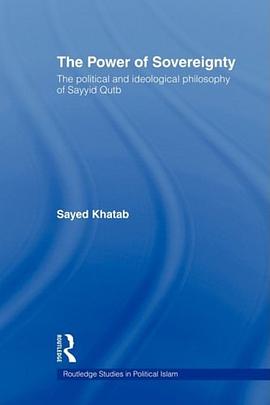

具體描述
The centuries just after the Norman Conquest are the forgotten period of English literary history. In fact, the years 1066-1300 witnessed an unparalleled ingenuity in the creation of written forms, for this was a time when almost every writer was unaware of the existence of other English writing. In a series of detailed readings of the more important early Middle English works, Cannon shows how the many and varied texts of the period laid the foundations for the project of English literature. This richness is for the first time given credit in these readings by means of an innovative theory of literary form that accepts every written shape as itself a unique contribution to the history of ideas. This theory also suggests that the impoverished understanding of literature we now commonly employ is itself a legacy of this early period, an attribute of the single form we have learned to call 'romance'. A number of reading methods have lately taught us to be more generous in our understandings of what literature might be, but this book shows us that the very variety we now strive to embrace anew actually formed the grounds of English literature-a richness we only lost when we forgot how to recognize it.
著者簡介
圖書目錄
讀後感
評分
評分
評分
評分
用戶評價
相關圖書
本站所有內容均為互聯網搜索引擎提供的公開搜索信息,本站不存儲任何數據與內容,任何內容與數據均與本站無關,如有需要請聯繫相關搜索引擎包括但不限於百度,google,bing,sogou 等
© 2025 book.quotespace.org All Rights Reserved. 小美書屋 版权所有




















